
FCC CE Certification vs UL ETL
etl certification, UL certification, and FCC Certification are all product certifications in the United States. What are the specific connections between them? What are their specific differences? Here, JJRLAB Consulting will explain in detail!
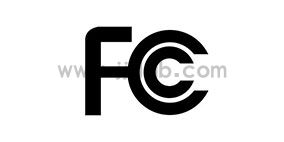
I. ETL Certification
ETL is the most dynamic safety certification mark in North America, with a history dating back to 1896, when Thomas Edison founded the Electrical Testing Laboratories. It is widely recognized and respected across North America. The ETL mark is the exclusive mark of Intertek Group, a leading global quality and safety organization. Products bearing the ETL mark represent compliance with North American mandatory standards and can be sold in the North American market smoothly.
II. FCC Certification
The Federal Communications Commission (FCC) was established in 1934 by the Communications Act and is an independent agency of the U.S. government directly responsible to Congress. The FCC coordinates domestic and international communications by controlling radio, television, telecommunications, satellite, and cable. It covers more than 50 states, the District of Columbia, and U.S. territories to ensure the safety of radio and wire communication products related to life and property. The FCC's Office of Engineering and Technology provides technical support to the commission and handles equipment approval matters. Many radio applications, communication products, and digital products must be FCC-approved to enter the U.S. market. The FCC investigates and studies various stages of product safety to find the best solutions, including testing for radio devices and aircraft.
III. UL Certification
UL stands for Underwriter Laboratories Inc., which is the most authoritative safety testing organization in the United States and one of the largest private institutions globally dedicated to safety testing and certification. It is an independent, non-profit professional organization that conducts public safety testing. In summary, UL mainly engages in product safety certification and operational safety certification services. Its ultimate goal is to contribute to ensuring that products on the market have a considerable level of safety, protecting human health and property safety. As a means of eliminating technical barriers to international trade, UL also plays a positive role in promoting the development of international trade.
IV. Differences Between ETL, UL, and FCC
FCC certification is mandatory in the U.S. and mainly targets compatibility testing of wireless devices' batteries.
UL and ETL are voluntary certifications in the U.S. UL focuses on safety aspects, while ETL focuses on energy consumption. Depending on your product, you may need UL and ETL certifications. Both represent that the product has passed testing by a nationally recognized testing laboratory (NRTL) and complies with the relevant safety standards. The real difference between the two lies in the services they provide. Additionally, ETL tends to be more cost-effective and has a shorter turnaround time compared to UL.
Email:hello@jjrlab.com
Write your message here and send it to us
 ASTM D4169 Drop Test
ASTM D4169 Drop Test
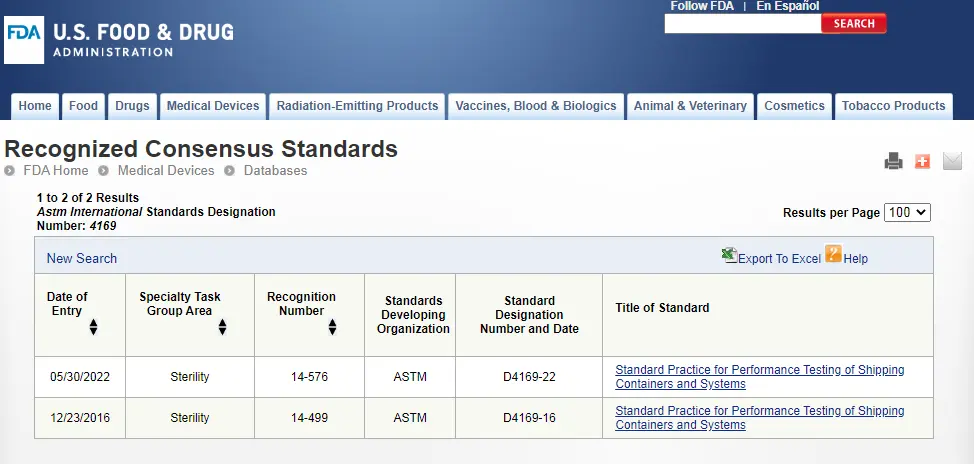 ASTM D4169 Packaging Simulation Transportation Tes
ASTM D4169 Packaging Simulation Transportation Tes
 What is ASTM D4169 Testing?
What is ASTM D4169 Testing?
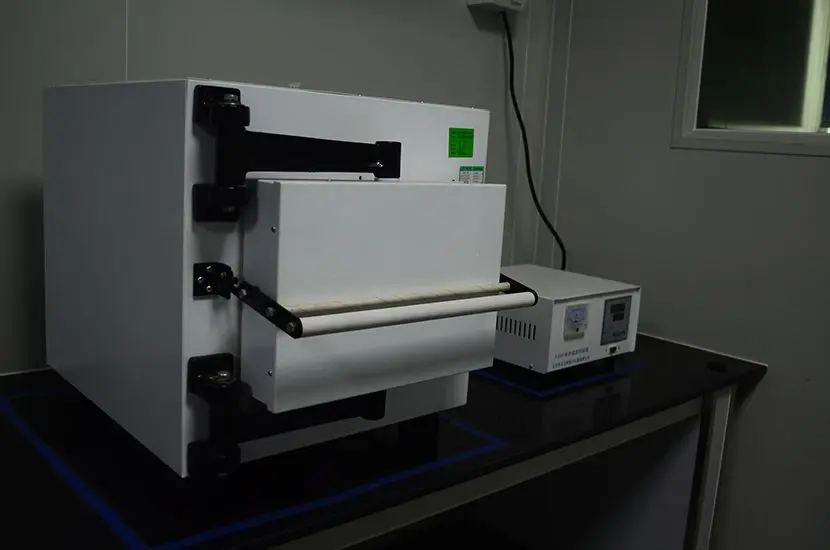 ASTM D4169-23 Test Standard Revision
ASTM D4169-23 Test Standard Revision
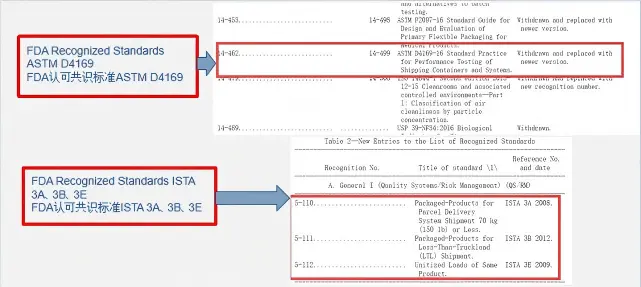 Transport Simulation Testing for Medical Device Pa
Transport Simulation Testing for Medical Device Pa
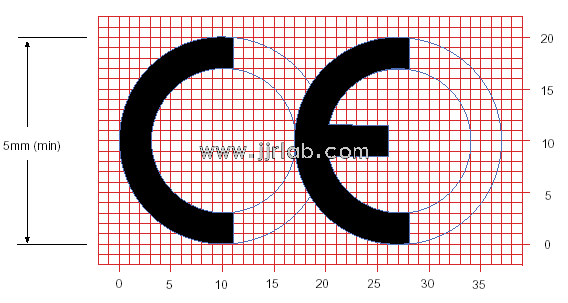 EU CE Certification Guidelines for Lighting Fixtur
EU CE Certification Guidelines for Lighting Fixtur
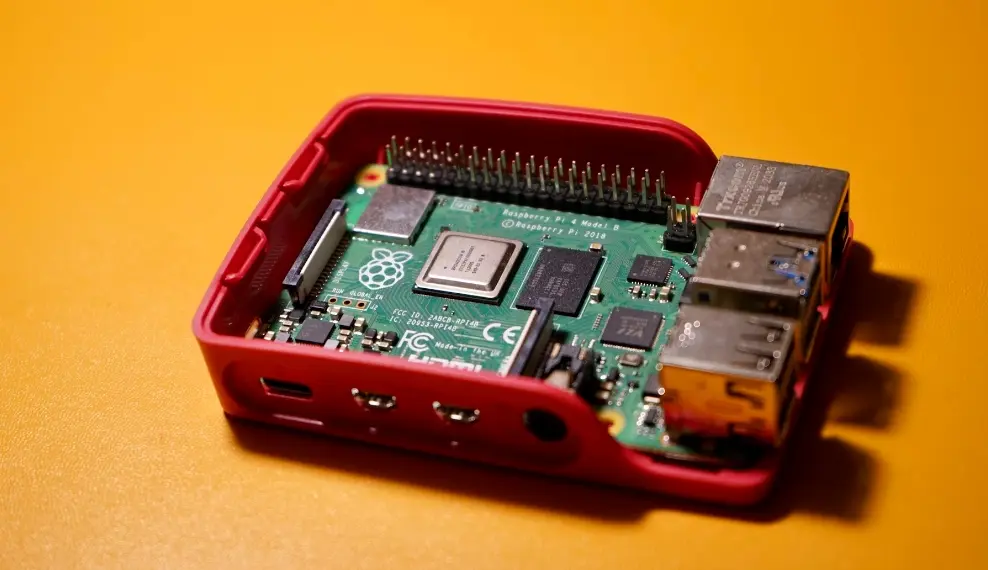 Lithium Battery Export: CB Certification & IEC
Lithium Battery Export: CB Certification & IEC
 How to Apply for One FCC Certificate for Multiple
How to Apply for One FCC Certificate for Multiple
Leave us a message
24-hour online customer service at any time to respond, so that you worry!




